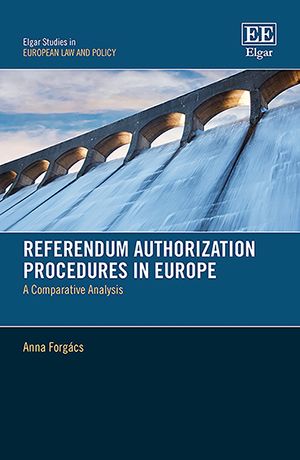
Exploring the referenda practices of eight European states, this book unpacks the intricacies of the institutional and procedural settings of referendum authorization to reach an equilibrium between the exercise of popular sovereignty and the protection of rule of law. The book also examines how by authorising certain issues and refusing others, state institutions can exercise considerable control over the whole referendum process.
Outlining how the rise of populist political parties and governments in Europe have brought direct democracy to the fore, this future-oriented book highlights four procedural guarantees that are compatible with democratic referendum authorization procedures. These include the independence and impartiality of the decision-maker, the right to a reasoned decision, the right to be heard, and the right to an effective remedy. Using comparative analysis and data collection, the book demonstrates why these guarantees are minimum requirements to ensure that the rights of the initiators and voters are represented in the procedure and therefore reduce the risk of arbitrary decision-making.
This state-of-the-art title will be an invaluable resource for academics and students of constitutional and administrative law, politics and public policy. With its practical application, governmental policymakers and practitioners will benefit widely from the book.